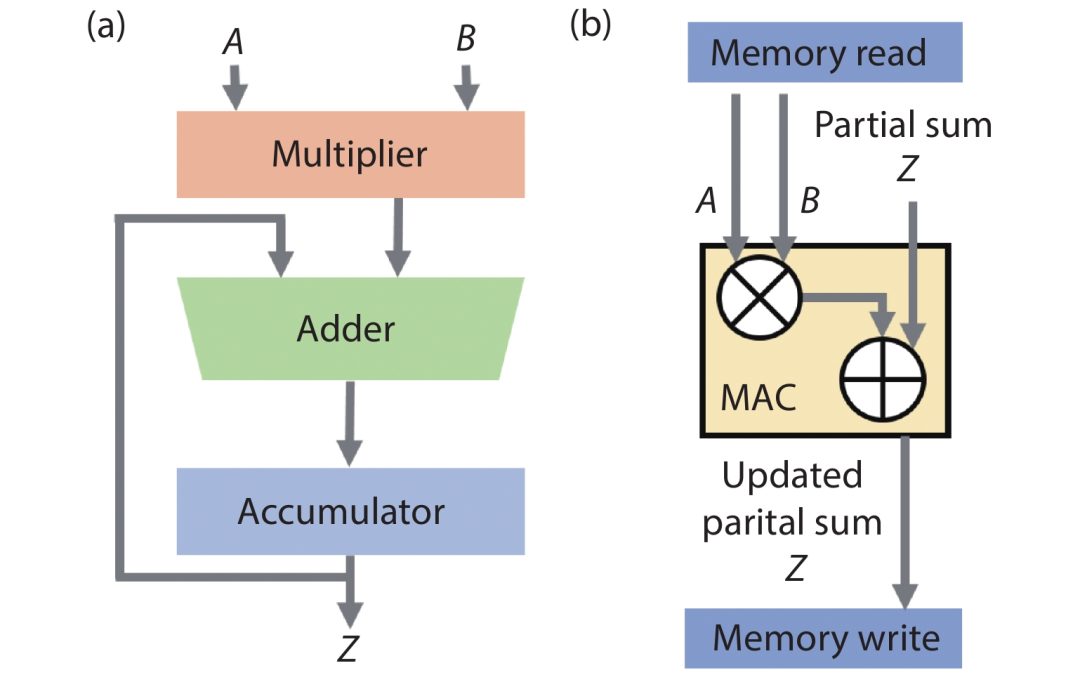
“Eliminating Timing Guardbands with Variability-Aware Approximate Circuits”
Expert Commentary
In this article, the authors address one of the major challenges faced by CMOS devices at nanometer scale – increasing parameter variation due to manufacturing imperfections. Variability in process parameters can significantly affect the performance and reliability of circuits, as the nominal operating conditions may not be sufficient to overcome timing violations across the entire variability spectrum.
Traditionally, timing guardbands have been used to account for process variations, but this approach often leads to pessimistic estimates and performance degradation. To overcome this limitation, the authors propose a novel circuit-agnostic framework for generating variability-aware approximate circuits.
The key idea behind their approach is to accurately portray variability effects by creating variation-aware standard cell libraries. These libraries are fully compatible with standard Electronic Design Automation (EDA) tools, ensuring that the generated circuits can be seamlessly integrated into existing design flows.
The authors take a comprehensive approach by calibrating the underlying transistors against industrial measurements from Intel’s 14nm FinFET technology. This allows them to accurately capture the electrical characteristics of the transistors and incorporate the variability effects into their framework.
In their experiments, the authors explore the design space of approximate variability-aware designs to automatically generate circuits with reduced variability and increased performance, all without the need for timing guardbands. The results show that by introducing a negligible functional error of merely .3times 10^{-3}$, their variability-aware approximate circuits can reliably operate under process variations without sacrificing application performance.
This work is significant as it addresses a critical challenge in nanometer-scale CMOS design. As process technology continues to advance, process variations become more pronounced, and traditional design techniques may not be sufficient to mitigate their impact. The proposed framework provides a promising solution for incorporating variability-aware approximate computing principles into circuit design, enabling improved performance and reliability.
Future research in this area could focus on exploring different trade-offs between functional error and performance improvement. The authors have shown that a small functional error can lead to significant gains in performance, but it would be interesting to investigate the limits of this trade-off and identify the optimal balance for different applications.
Furthermore, extending this approach to more advanced process nodes and different technologies would be valuable. The authors have validated their framework using Intel’s 14nm FinFET technology, but assessing its effectiveness in other manufacturing processes, such as those based on nanosheet or nanowire transistors, would provide valuable insights into its scalability and applicability.
In conclusion, this work presents a novel framework for generating variability-aware approximate circuits that eliminate the need for timing guardbands. By accurately capturing process variations and incorporating them into the design process, the proposed approach offers improved performance and reliability in nanometer-scale CMOS designs.